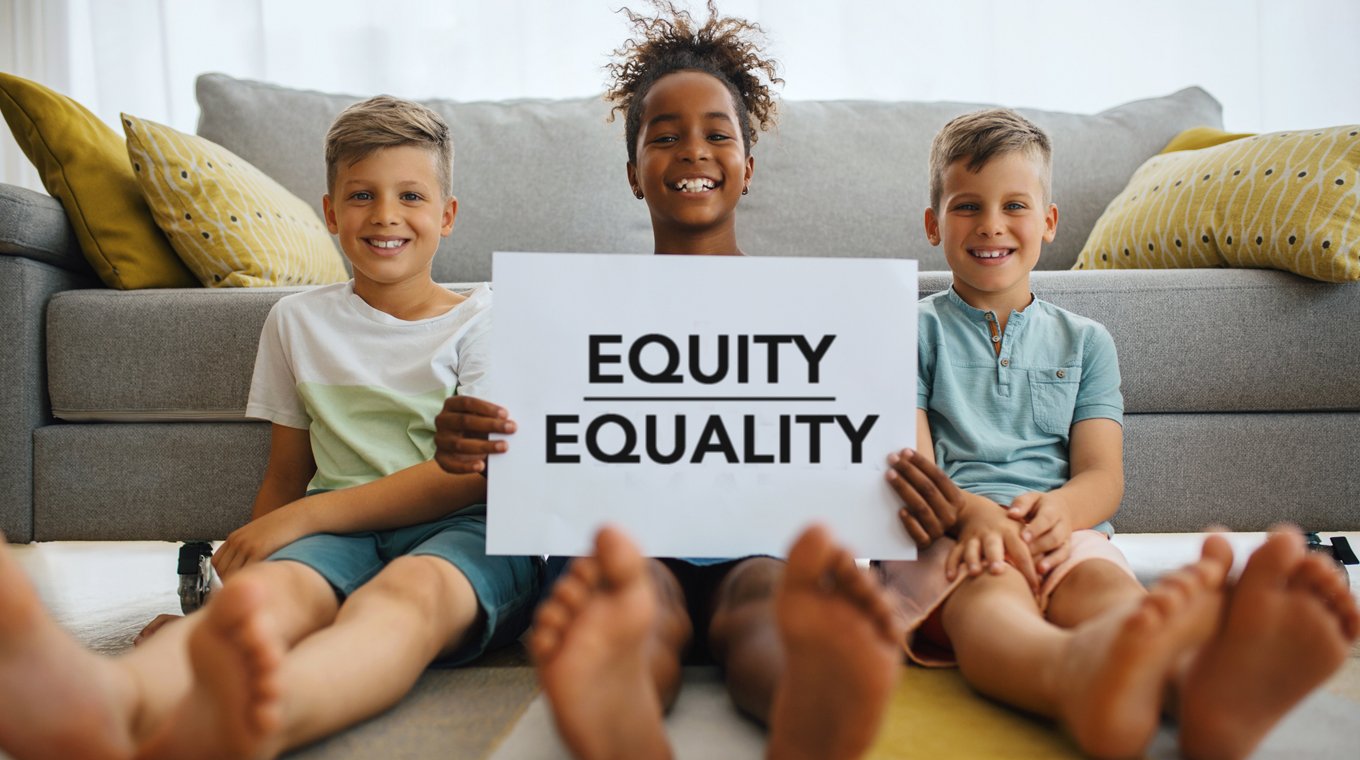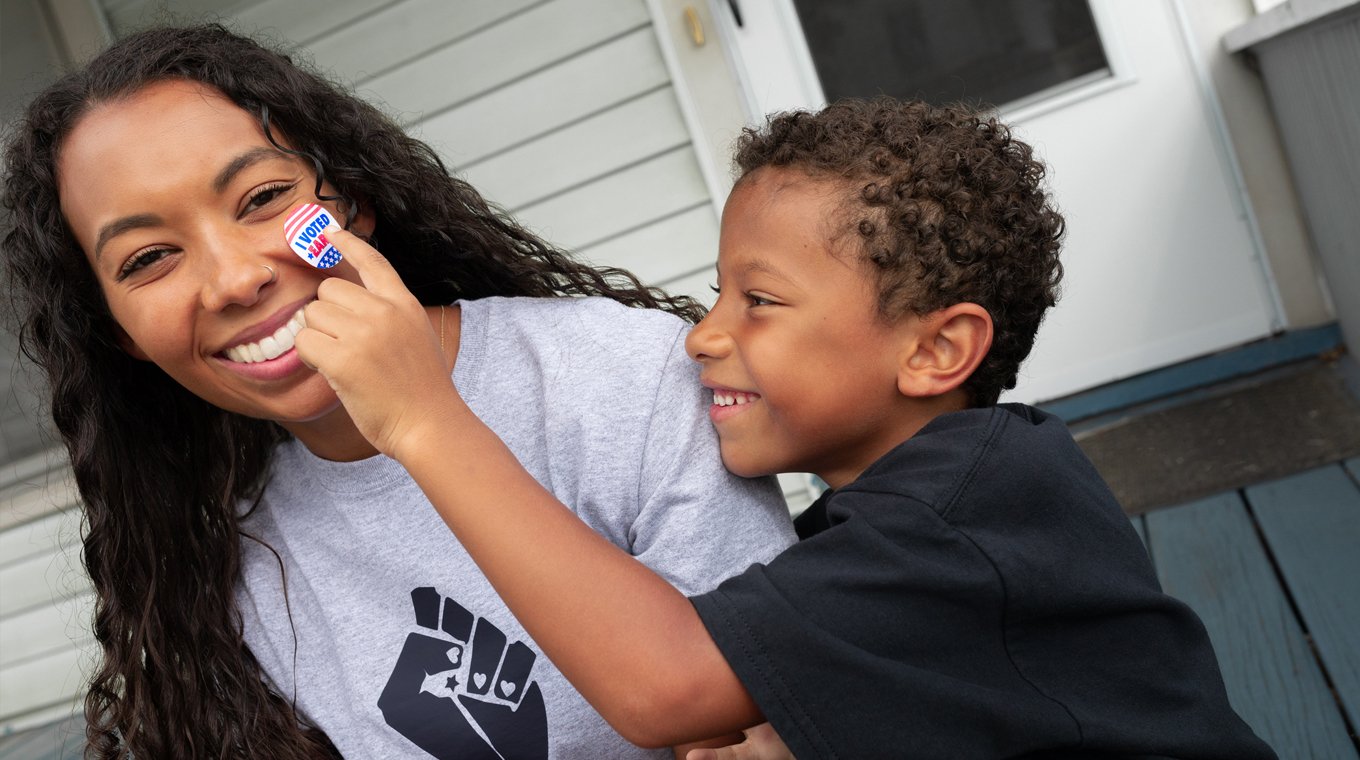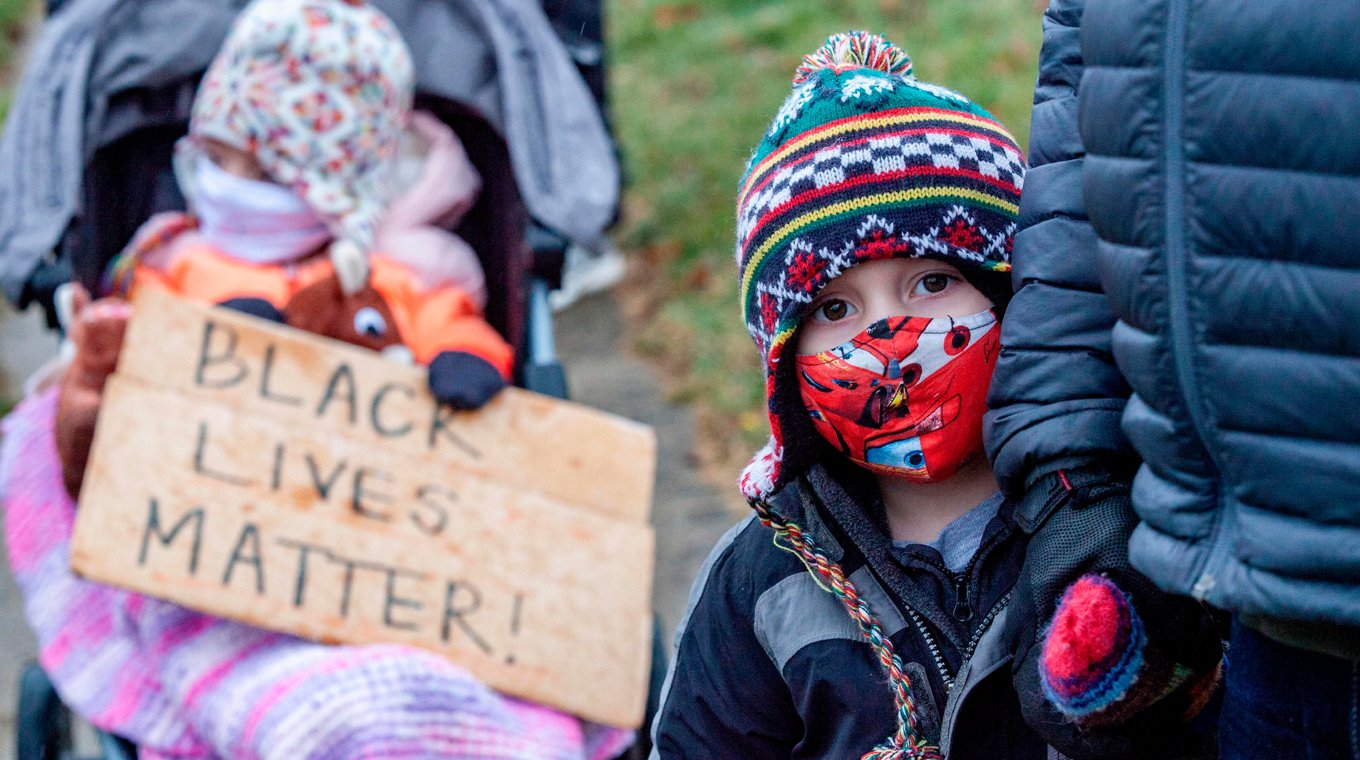
In this article
In a year defined by a global pandemic, 2020 was also a time when the social justice movement came front and center once again. The last two years have challenged our normal and brought to a head the injustices, racism, and inequities many have been fighting so hard for all these years.
It seems that finally these pleas are no longer falling on deaf ears and for families wishing to incorporate social justice into their homeschooling lessons, the following resources are ideal for a variety of ages.
What is social justice?

Social justice is defined as the belief that each person deserves to enjoy the same rights regardless of race, socioeconomic status, or gender. In order for social justice to occur, four essential concepts must be achieved; equity, access, balanced participation, and human rights.
1. Explore the concept of human rights and how it applies to people all over the world
In a fair society, all human rights are protected. Introduce this concept to your child through National Geographic's Every Human Has Rights: A Photographic Declaration for Kids. This colorful picture book is geared toward kids age 10-14 and explores what the United Nations deemed in 1948, to be the most basic of rights that should be granted to every person.
2. Teach your children the difference between equity and equality
When explaining social justice in our homeschool we may mistakenly encourage the principle of equality but more accurately, we should be striving for equity. Equality ensures that everyone has the same thing or what is deemed fair, not taking into account that what one person has may not be exactly what another needs to reach their goals.
Equity means meeting people where they are and providing what's necessary for them to be on a level playing field with the most privileged in society. Explore this social justice concept further in your homeschool through this Anti-racist Curriculum distributed by the Unitarian Universalist Congregation of Charlottesville. It is designed for kids age 4-11 and was vetted by a Black Unitarian Universalist religious educator.
Teaching social justice in your homeschool

Sydney Chaffee, 2018 National Teacher of the Year, explained the importance of teaching kids about social justice. "Working for justice, engaging in activism helps students and builds skills like leadership and critical thinking and it correlates positively with their political participation, their civic engagement and their commitment to their communities later in life," Chaffee said in a TEDxBeaconStreet talk.
"Education must be authentic. There is no use in studying history if we believe it to be static and irrelevant to the future,” Chaffee continued. “Authentic learning enables students to see and create connections in the world around them."
3. If you want to teach social justice, begin with empathy
"Raising kids to be empathetic includes helping them understand their own feelings and needs, as well as the emotions and needs of others," Rebekah Gienapp explained in a recent social justice homeschooling blog post. She approaches social justice through Montessori education and includes a variety of helpful resources for young children. Gienapp is the author of the book, Raising Anti-racist Kids: An age-by-age Guide for Parents of White Children.
4. Apply real-world math to explore data related to poverty and wealth
Social Justice Math incorporates data and statistics that relate to societal problems and inequities. Students will use their critical thinking skills to explore the cause and effect of this data and how it correlates to social justice and equity.
5. Use movies to share social justice issues in your homeschool
Documentaries and films are great learning tools for homeschooling families. Learning for Justice offers a comprehensive list of movies, documentaries, and resources to incorporate into your social justice homeschool lesson plan. With social justice activities, texts, classroom resources, and plans provide everything you need for an interactive and engaging experience.
Social justice lessons for all ages

Creating social justice lesson plans and borrowing books from the library can only go so far in promoting social justice. To truly be an advocate it takes action, speaking out and engaging with your children from a place of knowledge and understanding.
This isn't always easy; we all have our own biases and prejudices to work through. It can take a lot of personal reprogramming to ensure we're engaging with our kids in the right way. Doing the work as a parent or caregiver is essential.
6. Expose your own privilege, prejudice, and pride and raise an antiracist
Danielle Slaughter is the mom and activist behind the "Black History is American History" curriculum. Her self-paced online course, Exposing the Three P's, helps adults work through their biases so they can have those difficult conversations.
"This course is ideal for parents, grandparents, teachers, and/or anyone involved in the nurturing of young children, adolescents, and teenagers," Slaughter explained on her website Mamademics. "I first used many of these theories while teaching on the collegiate level, but now incorporate them into my parenting of a preschooler."
7. Participate in socially distant volunteer opportunities
No matter where you live, there are bound to be issues that are important to you and your family. If you're looking for ways to be involved as a family but have concerns about volunteering in person or attending rallies or marches due to the global pandemic, consider writing letters or emails to congress. Younger children can place stamps on envelopes while older ones can either address envelopes or write the actual letters.
Teaching social justice at home will help prepare your children to be responsible, proactive, and empathetic members of society — something the world needs quite a bit more of these days.




